Learn from dementia experts
Browse our collection of video recordings from our live events featuring dementia experts discussing a wide range of topics.
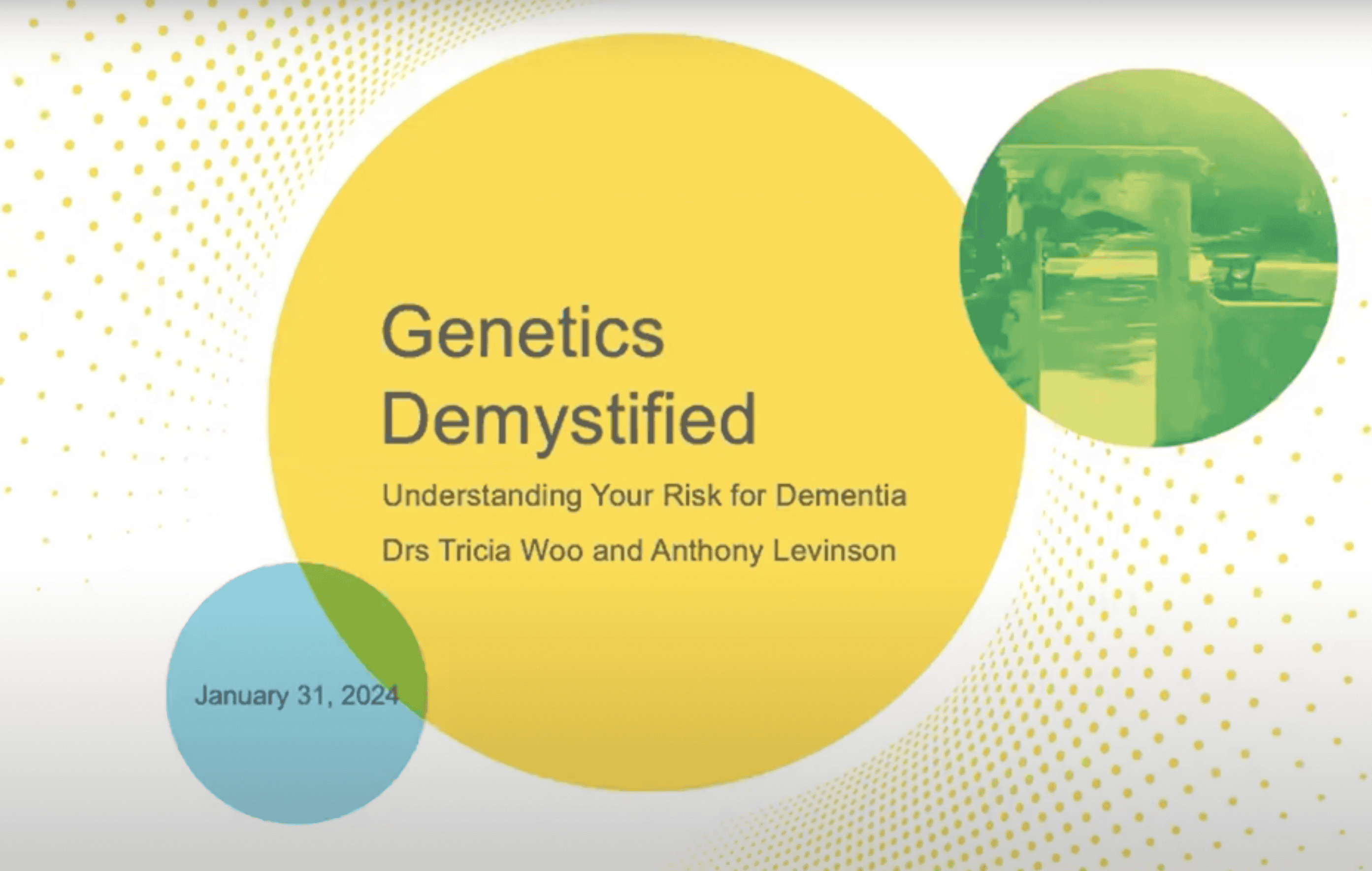
Genetics Demystified: Genetics Demystified: Understanding Your Risk for Dementia
Dr. Tricia Woo and Anthony Levinson demystify the role that genetics and other non-modifiable risk factors play in a person's risk of developing dementia.
Learn More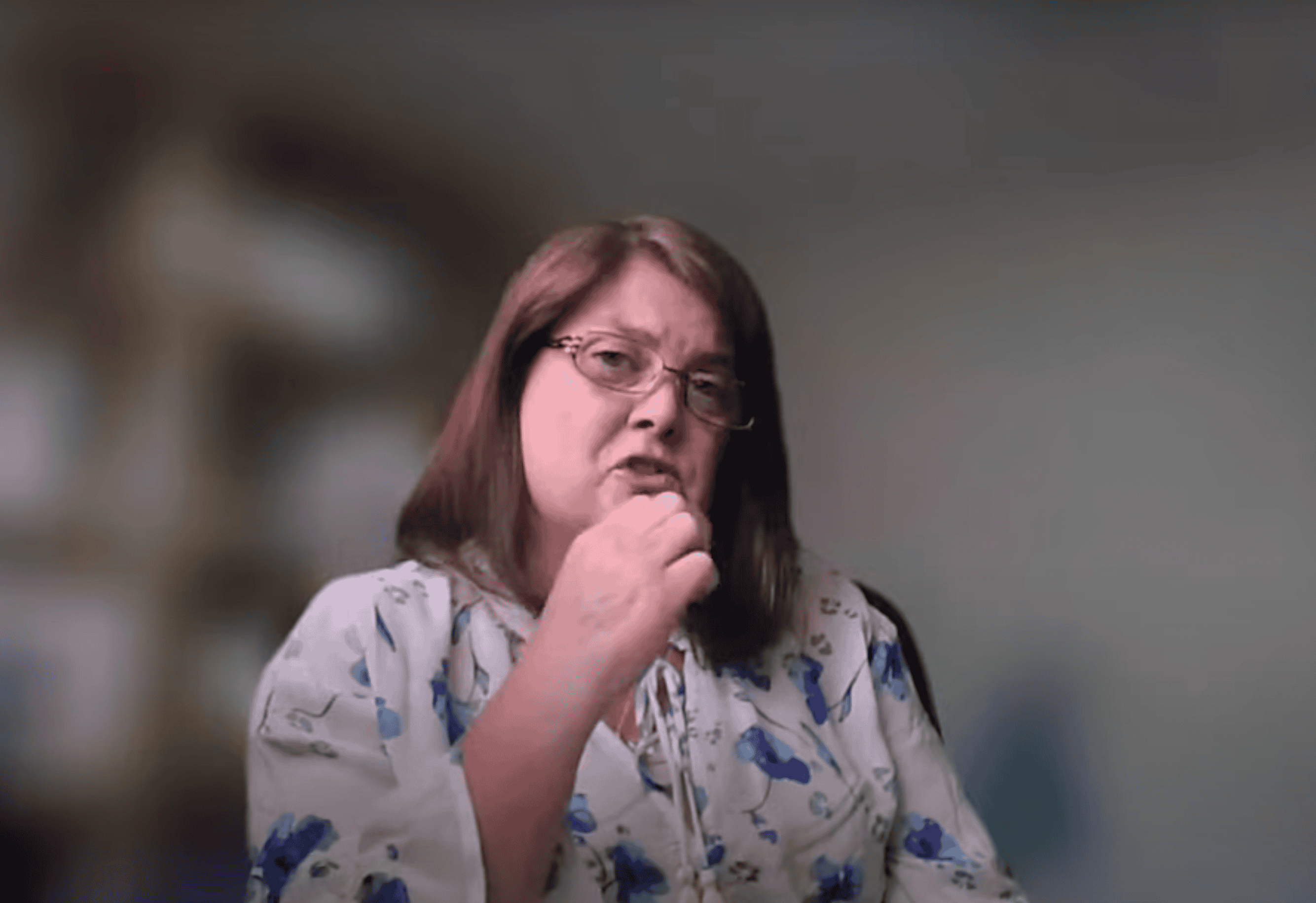
Live Event 37: Dementia-Friendly and Enabling Environments
Join us for our 37th iGeriCare Live Event, where Dr. Anthea Innes will help us to understand what dementia-friendly environments are, what they look like in practice, and what you can do in your own home to make it more dementia-friendly to continue to allow your loved ones to live safety and optimize their function.
Learn More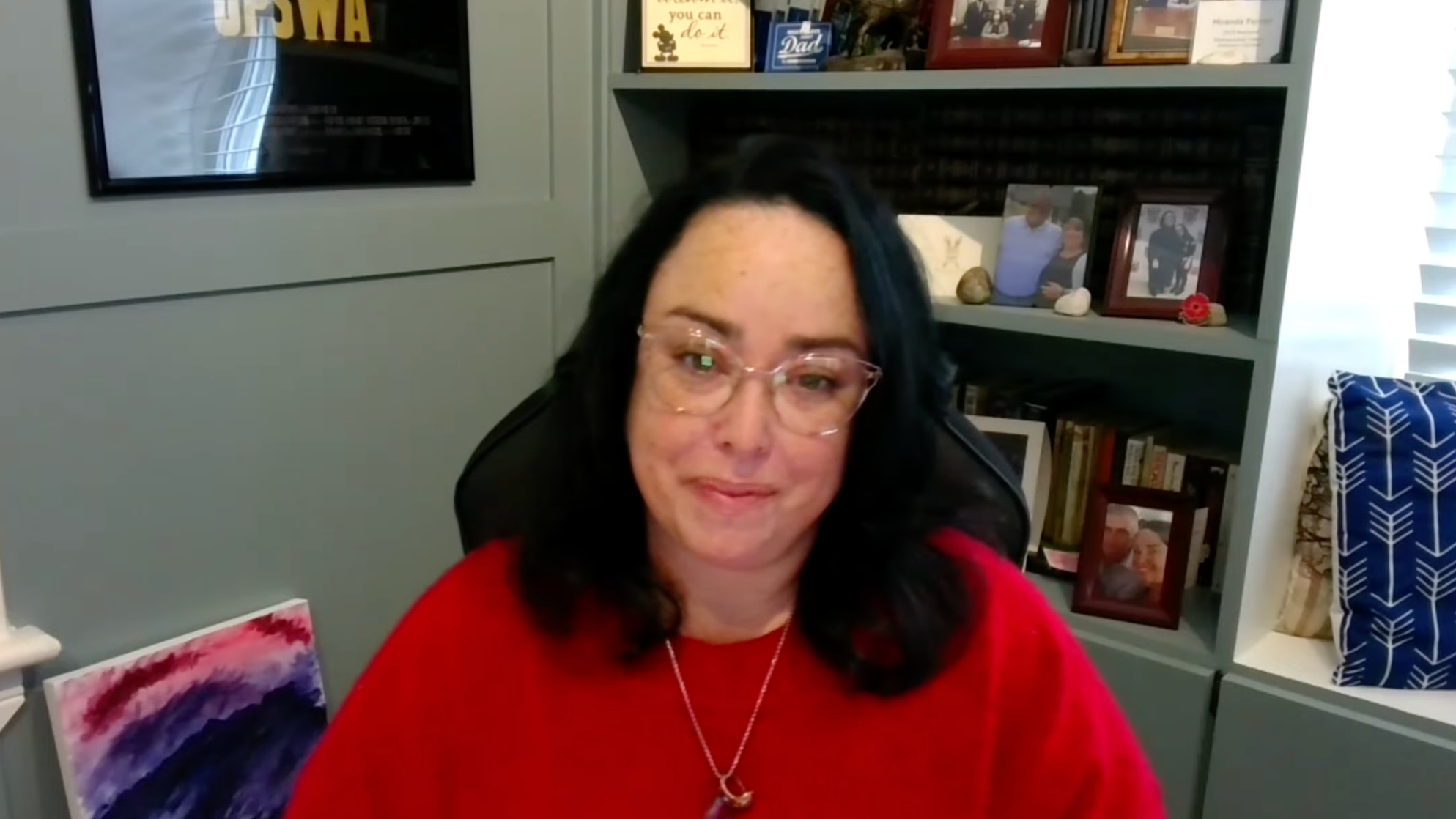
Live Event 36: How Personal Support Workers Can Support Dementia Care
Dr. Anthony Levinson is joined by Miranda Ferrier, CEO of the Ontario Personal Support Workers and Canadian Support Workers Associations, to discuss the vital role of personal support workers in helping caregivers of persons with dementia provide better care for their loved ones.
Learn More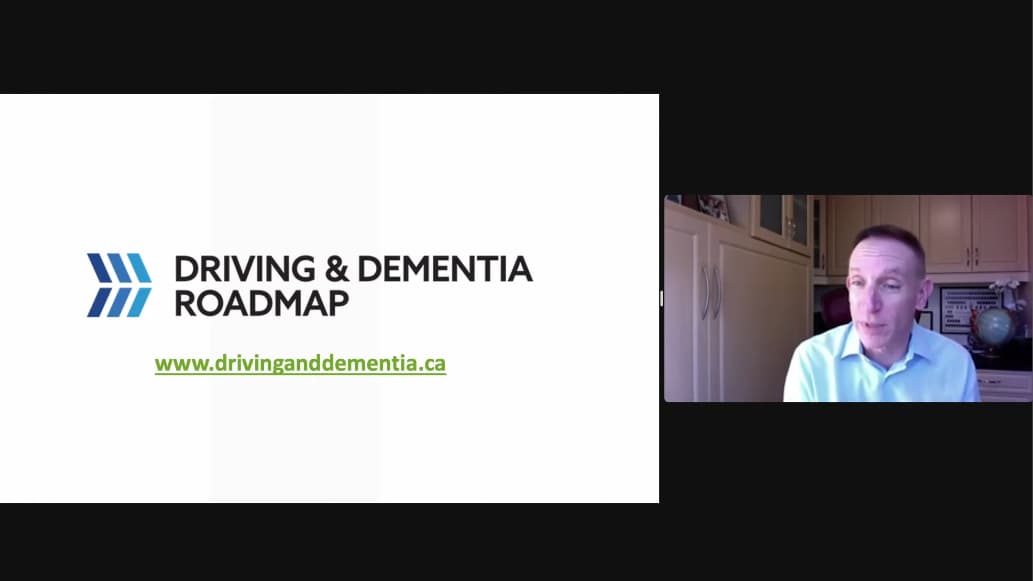
Live Event 35: Driving and Dementia Roadmap
Dementia is a disease of the brain that can make driving risky, yet some people can still drive safely in the mild stages. Because driving is so important in the lives of most people, a new website was developed to help people make difficult decisions about driving and dementia.
Supplementary resource: drivinganddementia.ca
Learn More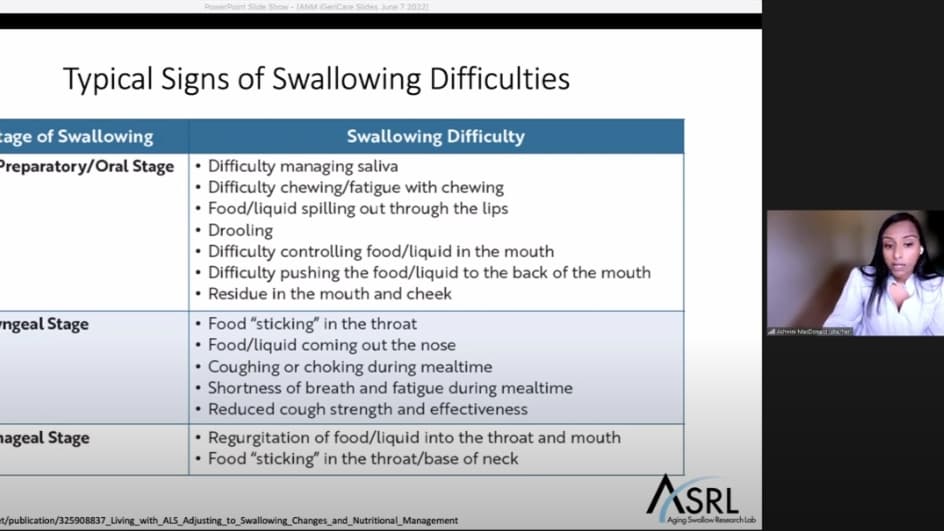
Live Event 34: Swallowing Issues in Dementia
Difficulty swallowing is clinically known as dysphagia and occurs when one’s throat or esophagus does not function properly to protect the airway during swallowing and move food into the stomach. When a person with dysphagia eats or drinks, they cannot swallow correctly. This swallowing disorder causes discomfort, coughing, choking, and even aspiration of food particles and saliva into the lungs, which can lead to a serious, potentially life-threatening infection. Join us as we discuss a comprehensive and collaborative approach to dysphagia management to improve the health and quality of life of people living with dementia and their caregivers.
Learn More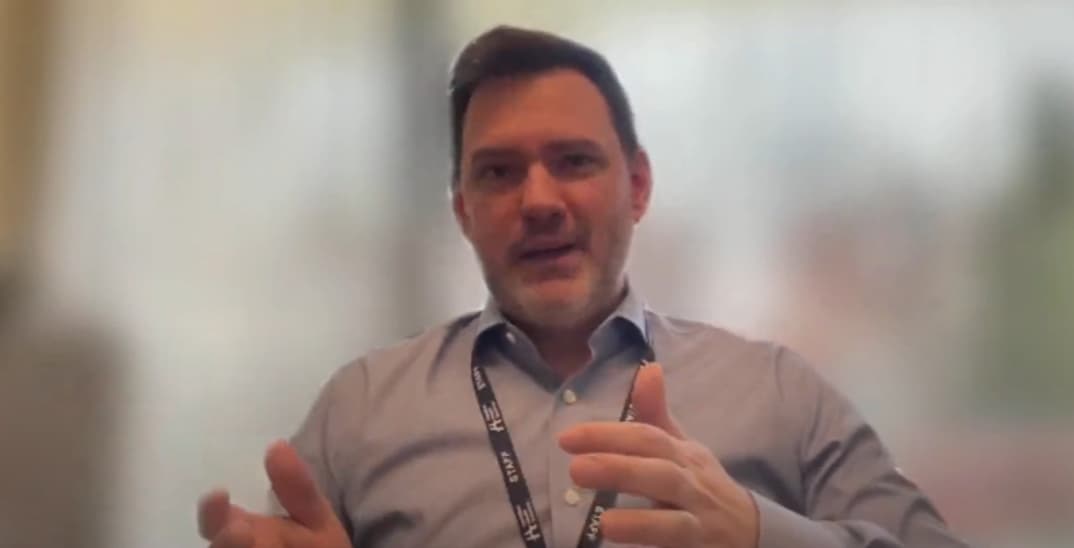
Live Event 33: Caring For Cognitively Impaired Persons In Healthcare Settings
In Canada, hospitalization rates are 65% higher for seniors with dementia than for those without; those 65-79 stay in hospital about twice as long as seniors without dementia. A trip to the hospital can be stressful for both the person living with dementia and their care partners. Being prepared for emergency and planned hospital visits can help to relieve some of that stress.
Learn More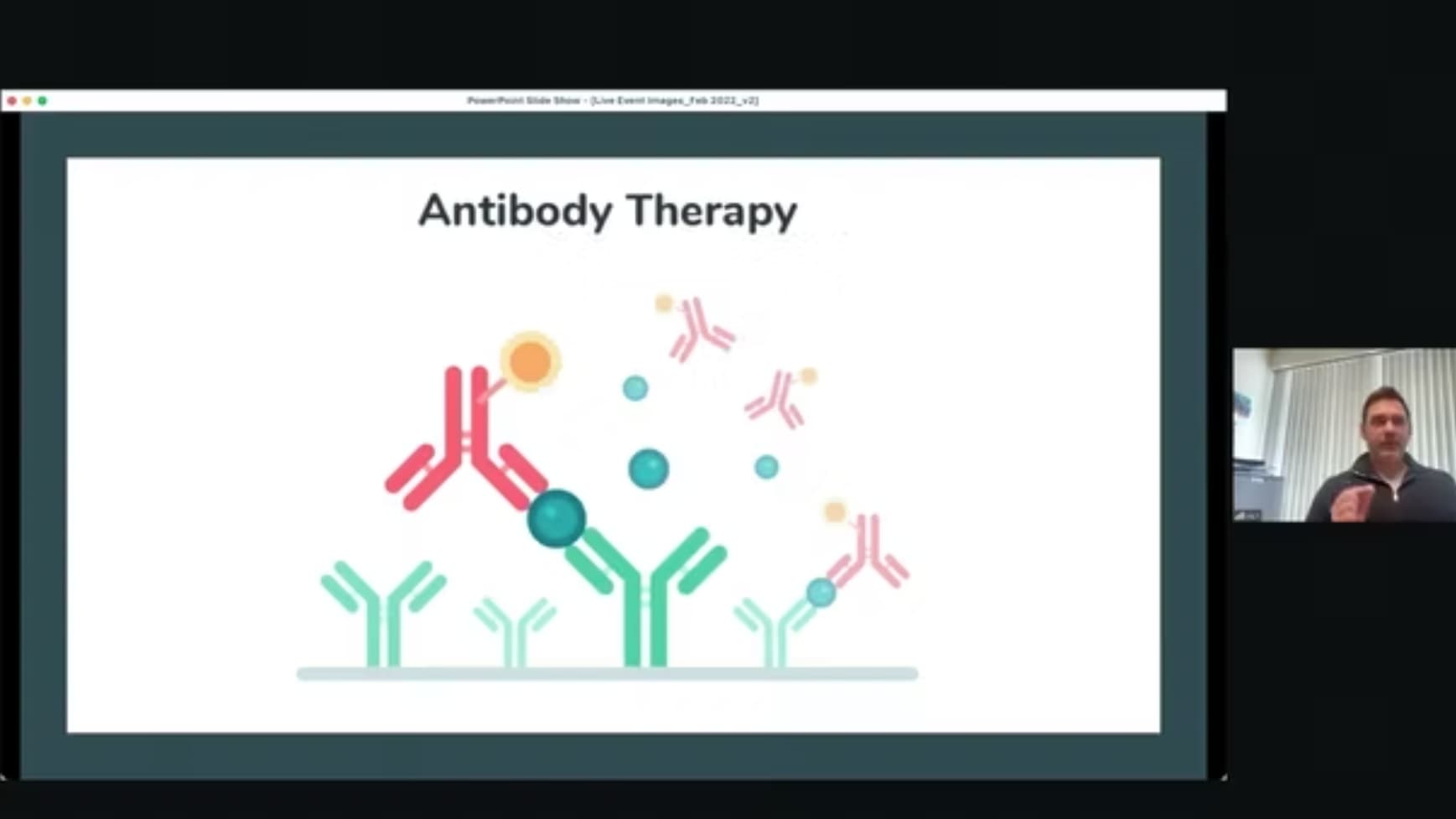
Live Event 32: A Controversial New Drug Treatment for Alzheimer Disease: What are the Concerns?
Developing treatments for Alzheimer's disease is challenging, with few effective therapies that only target symptoms. Aducanumab, sold under the brand name Aduhelm, is a medication designed to treat Alzheimer's disease. It is the newest clinical treatment for Alzheimer's in nearly twenty years. Although the US Food and Drug Administration (FDA) approved Aduhelm on June 7, 2021 — its approval was controversial.
Learn More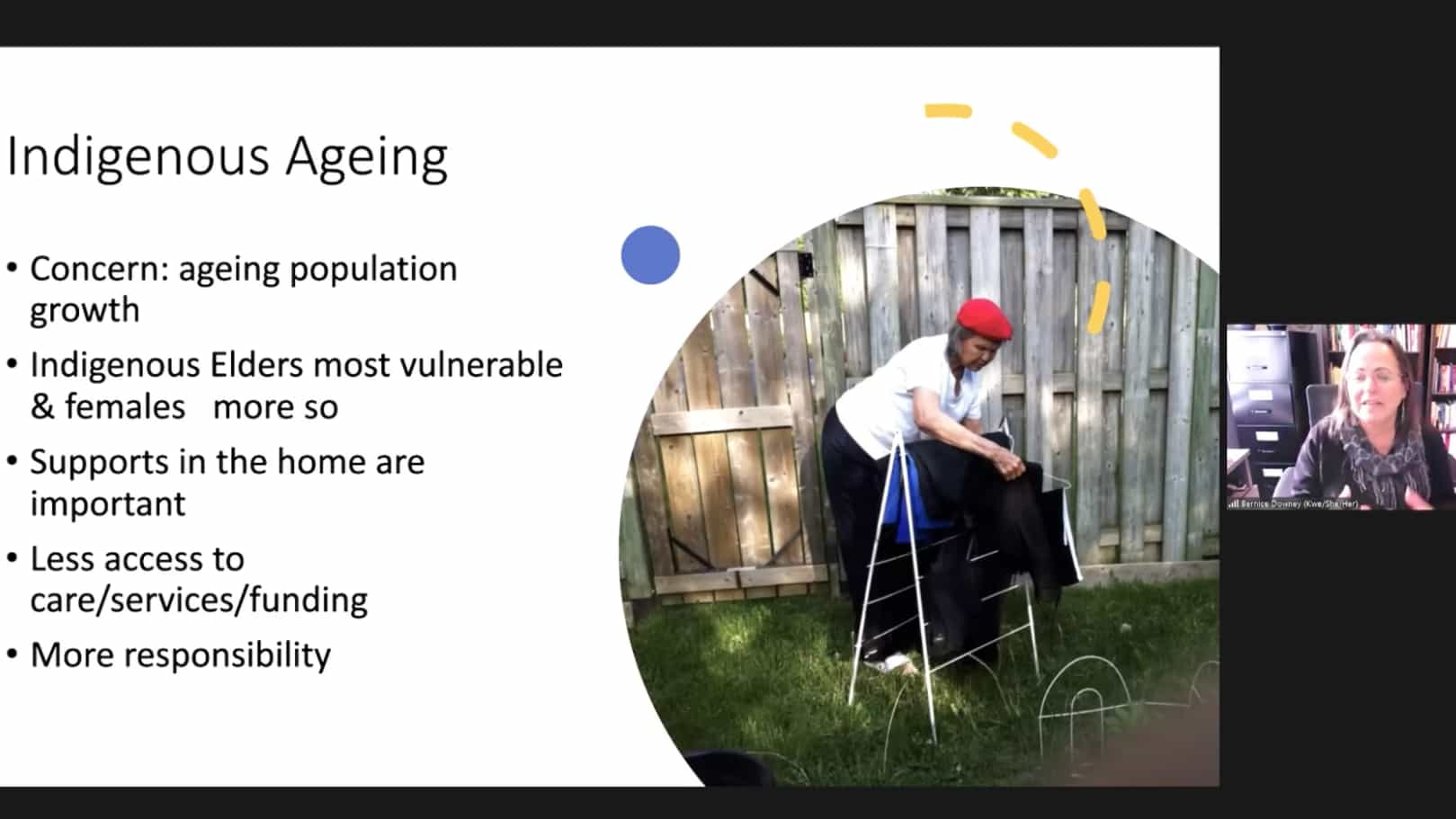
Live Event 31: A Nokomis Story: Co-Creating A Caring Space For Indigenous Elders
From an Indigenous perspective, aging was always considered to be part of the cycle of life. One understood their journey and knew what to expect. Who would support them, how they would be buried, and the ceremonies that would be done on their behalf? It is even more important to understand how Indigenous peoples perceive aging to accommodate their health, healing, and wellness needs in today's complex healthcare environment. This session will highlight key concepts related to this objective and provide an opportunity for caregivers to participate in a dialogue that will illuminate key social, historical, and cultural factors related to culturally safe geriatric care for First Nations, Inuit, and Métis peoples.
Learn More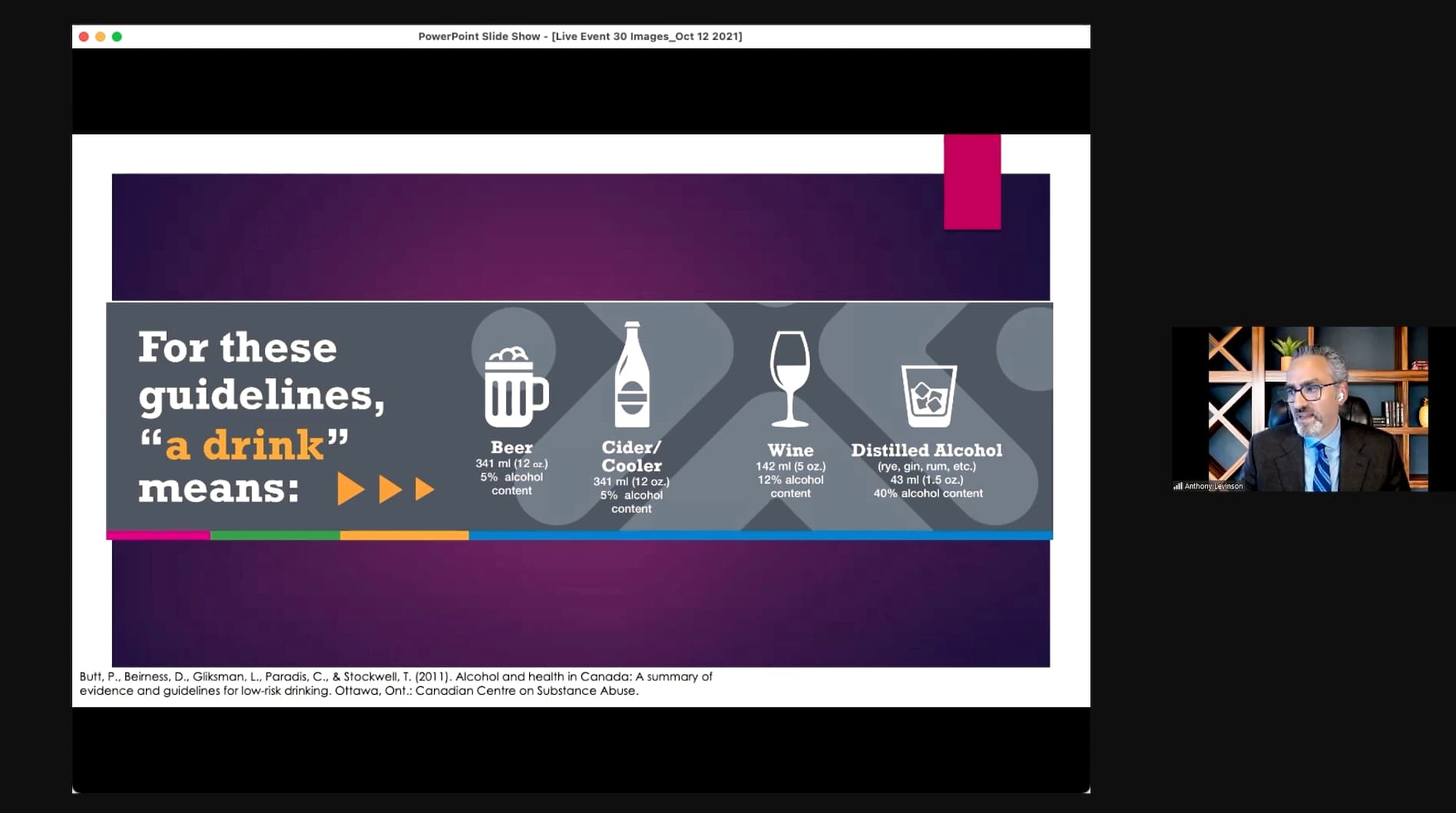
Live Event 30: Alcohol & Dementia
Excessive alcohol consumption over a lengthy time period can lead to brain damage and may increase your risk of developing dementia. Alcohol-related dementia, as the name suggests, is a form of dementia related to the excessive drinking of alcohol. This affects memory, learning, and other mental functions. Korsakoff’s syndrome and Wernicke-Korsakoff syndrome are particular forms of alcohol-related brain injury that may be related to alcohol-related dementia.
Learn More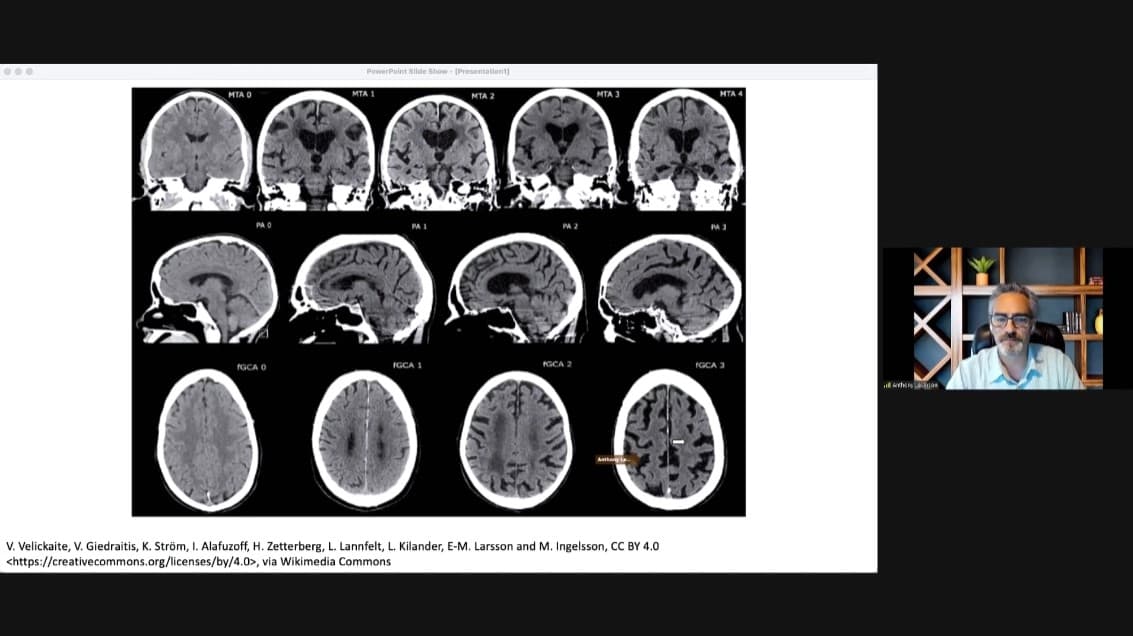
Live Event 29: Brain Imaging
Currently, there is no single test that can accurately diagnose dementia. A detailed medical history, memory and thinking tests (called neuropsychological or cognitive tests), laboratory tests, and brain scans are typically used in the diagnosis process. Brain imaging can be used to identify strokes, tumors, or other problems that can cause dementia. The most common types of brain scans are computer tomographic (CT) scans and magnetic resonance imaging (MRI). These types of brain imaging are frequently requested when examining a patient with suspected dementia. We will discuss the different types of brain imaging, what is seen on a CT or MRI scan, and what other types of brain imaging might be ordered.
Learn More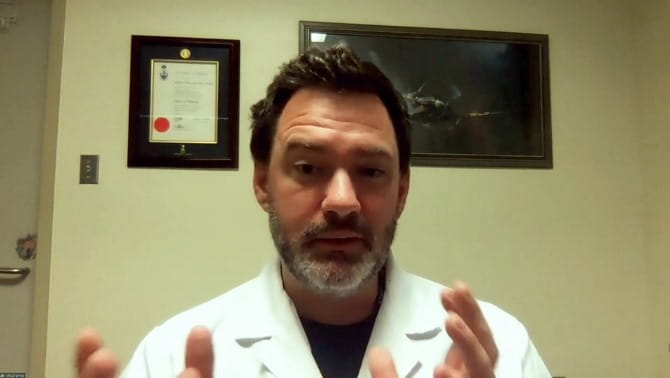
Live Event 28: Young Onset Dementia
When symptoms of dementia start before the age of 65, the term ‘young onset dementia’ or ‘early onset dementia’ is used. Young onset dementia accounts for an estimated 2 to 8% of all dementia diagnoses in Canada. During this event, we will discuss what young onset dementia is, how it may affect younger people, as well as possible causes and how it is diagnosed.
Learn More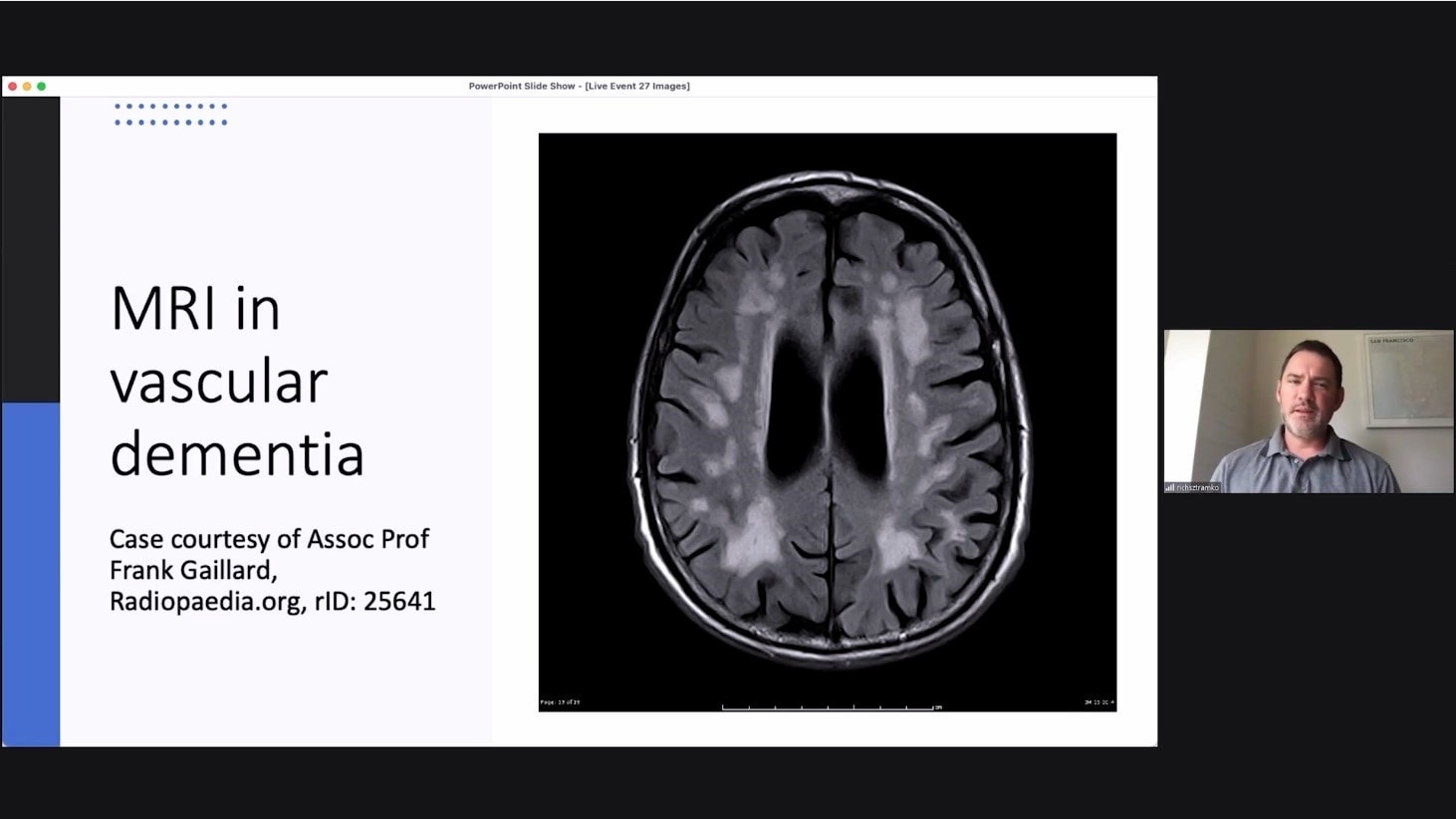
Live Event 27: Vascular Dementia
Drs. Anthony Levinson and Richard Sztramko meet online to discuss the topic of vascular dementia.
Vascular dementia is a decline in cognition caused by conditions that block or reduce blood flow to various regions of the brain, depriving them of oxygen and nutrients. For our brain to function properly, it needs a constant supply of blood through a network of blood vessels called the brain vascular system. When the blood vessels are blocked or bleed, oxygen and nutrients are prevented from reaching cells in the brain. As a result, the affected cells can die. We discuss the different types of vascular dementia, risk factors, and possible treatments.
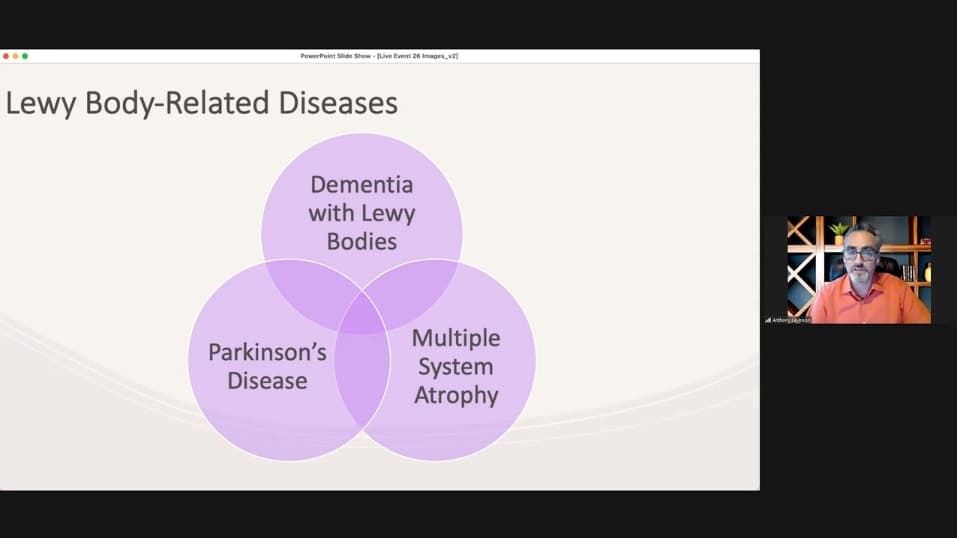
Live Event 26: Lewy Body and Parkinson's Disease Dementia
Join us for our 26th iGeriCare Live Event with Drs. Anthony Levinson and Richard Sztramko. Lewy body diseases are a group of conditions caused by deposits of an abnormal protein called Lewy bodies inside the brain cells. There are 3 types of Lewy body diseases: Parkinson disease, dementia with Lewy bodies, and Parkinson disease dementia. We will discuss the similarities, differences, and possible treatments for the three types of Lewy body diseases.
Learn More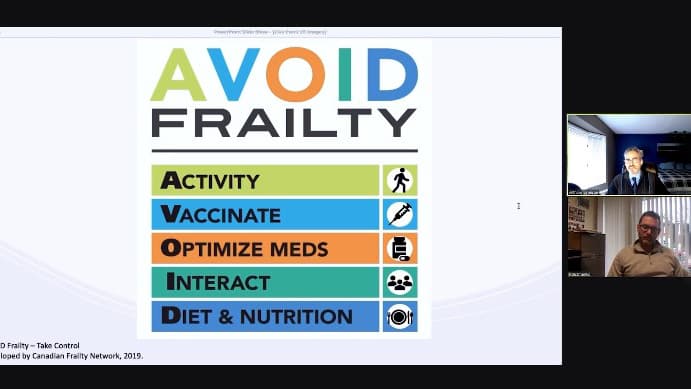
Live Event 25: Frailty: What You Need To Know
For some, frailty can feel like a label that is embarrassing or shameful. Many people think that frailty only happens near the end of life and that there is nothing you can do about it. Getting older doesn’t necessarily mean someone is frail, but it does increase the odds of developing multiple medical conditions and frailty.
Learn More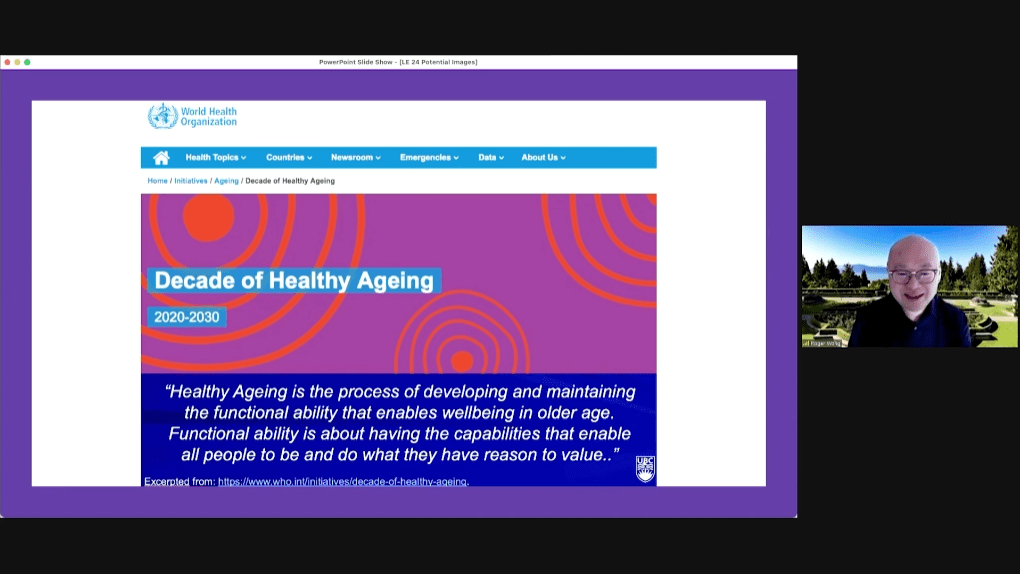
Live Event 24: Canadian Long-Term Care Strategy in COVID
Canada is currently struggling to meet the needs of its aging population. The pandemic has been a profound shock to the healthcare system - the result has been a terrible impact on the particularly vulnerable population living in long-term care (LTC) homes.
Please join Drs. Anthony Levinson and Roger Wong as they discuss Canada's LTC landscape and the challenges faced by older Canadians and their caregivers.
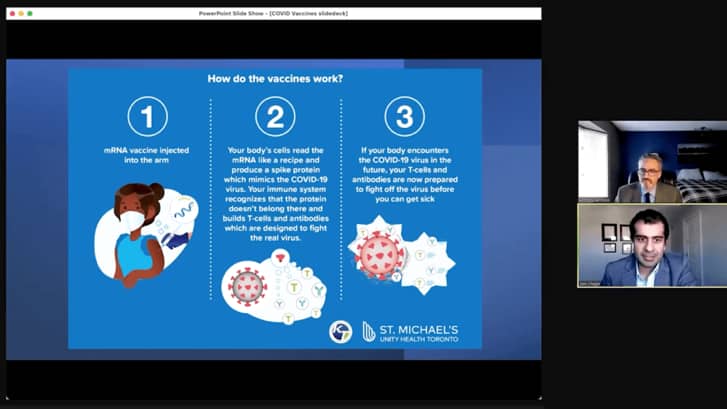
Live Event 23: COVID-19 Vaccines
Over the past year, we have awaited news of a COVID-19 vaccine and now that vaccines are becoming available, you may have questions about them. Dr. Anthony Levinson is joined by Dr. Zain Chagla, a specialist in internal medicine, tropical medicine, and infectious diseases to discuss COVID-19 vaccines.
Learn More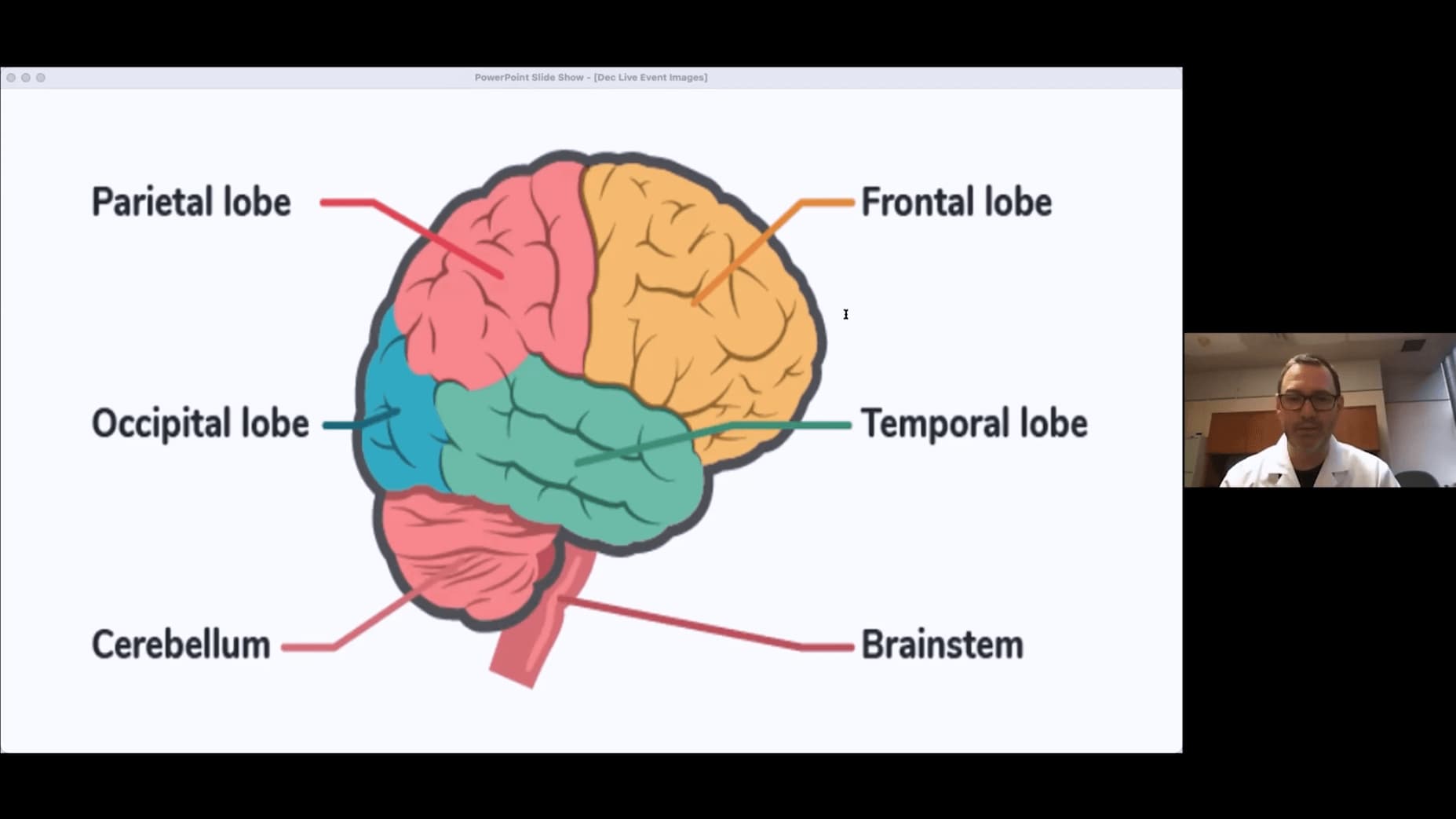
Live Event 22: Frontotemporal Dementia and Frontal Lobe Syndromes
Damage to the front part of the brain (the frontal lobes) is part of many conditions, including frontotemporal dementia or FTD, also called frontotemporal lobar degeneration. The frontal lobes are important for many major functions including how we plan and organize tasks, our motivation, and how we control a lot of our emotional responses. In this pre-recorded online event we discuss the features of frontal lobe disorders and frontotemporal dementia.
Learn More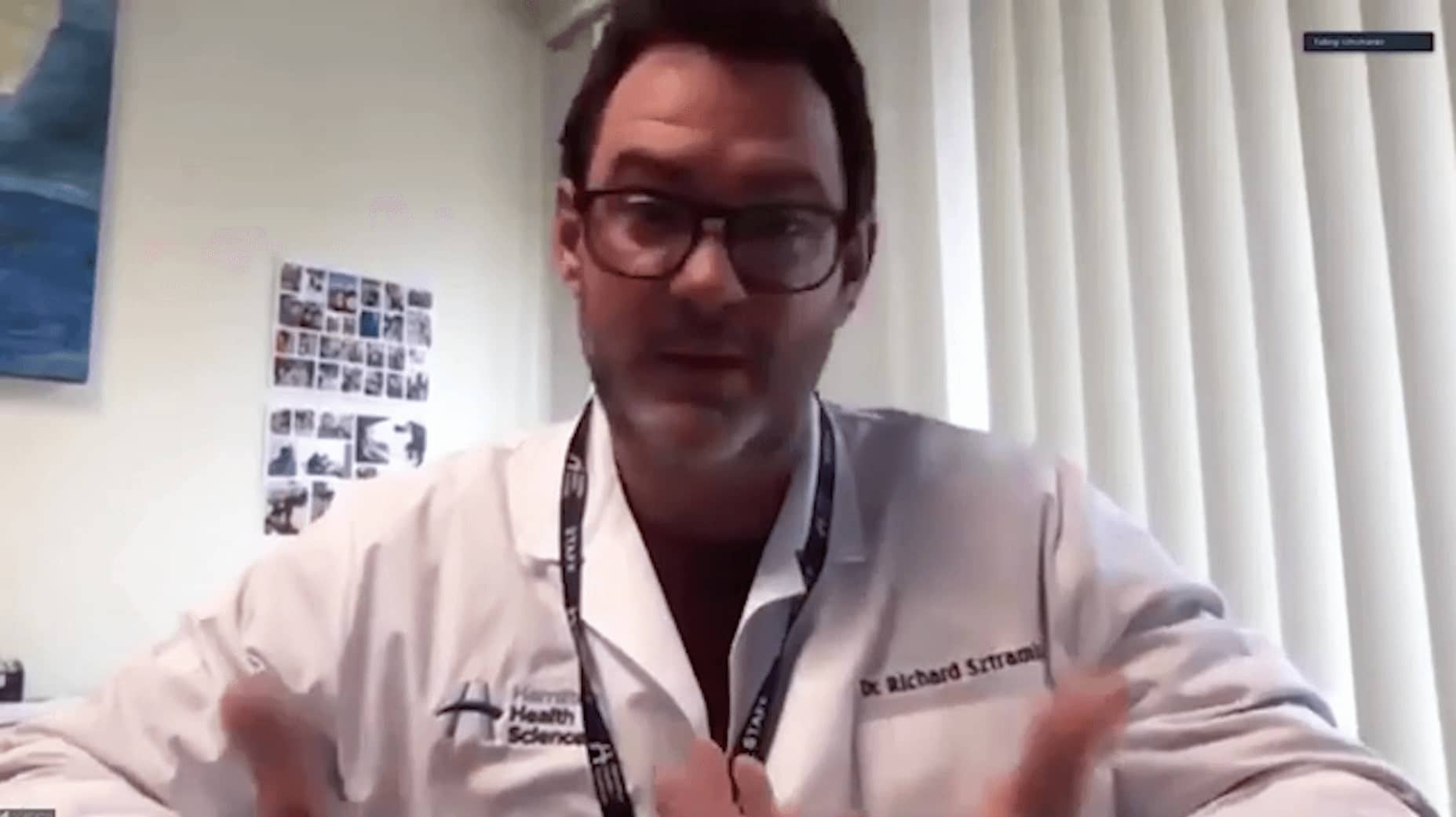
Live Event 21: Driving and Dementia
There are safety concerns associated with dementia and driving and how/when a fitness-to-drive assessment is done. Age-associated changes and other medical conditions like dementia can affect our abilities to drive safely. Driving is a very complicated skill, and people with even mild cognitive impairment may not be able to drive safely.
Learn More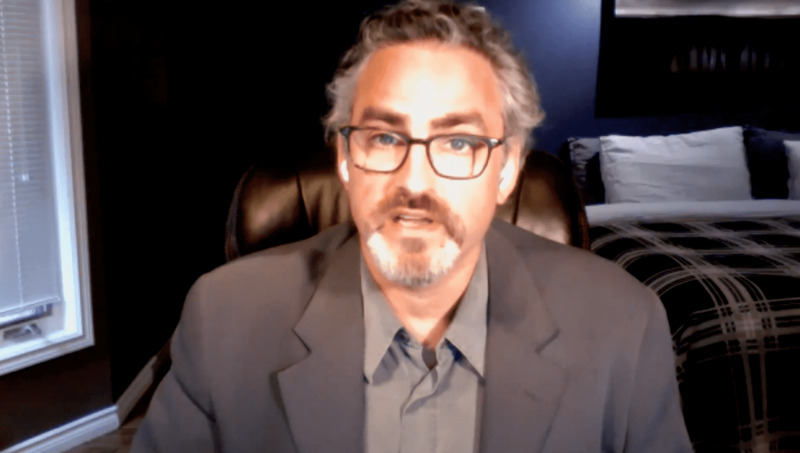
Live Event 20: Promoting Brain Health
Drs. Richard Sztramko and Anthony Levinson of McMaster University met virtually and shared six evidence-based ways to promote brain health. They discussed the impact of specific health conditions and lifestyle choices you can make, such as your level of physical, social and cognitive activity, which will help to reduce your risk of developing dementia or slow its progression.
Learn More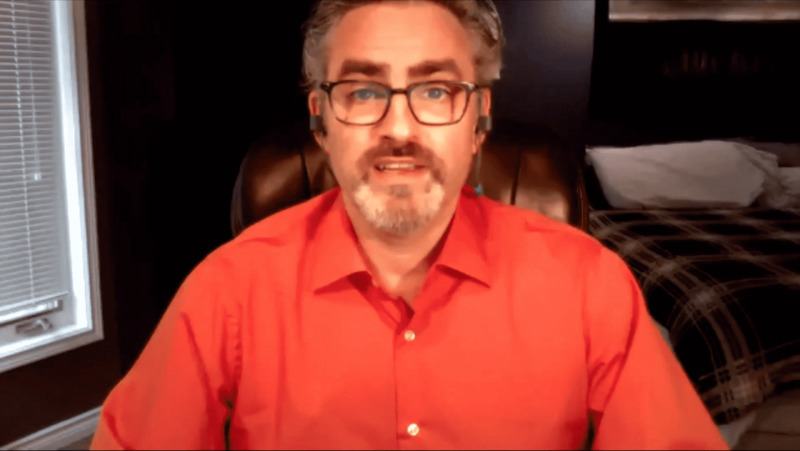
Live Event 19: Genetics & Dementia
Drs. Richard Sztramko and Anthony Levinson met virtually to examine the part genetics may play in developing dementia. Together they discuss what genes are, the role they may play in the different types of dementia, current research, and genetic testing.
Learn More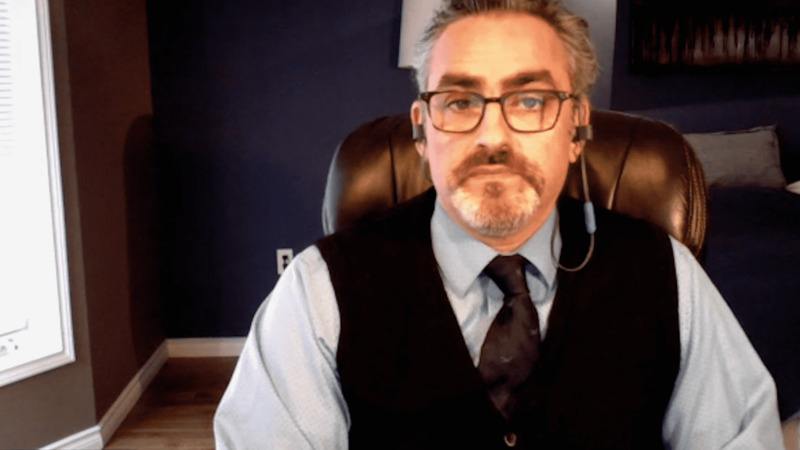
Live Event 18: Long-Distance Caregiving
Drs. Richard Sztramko and Anthony Levinson met virtually this month for a discussion of how social distancing impacts caregivers of persons with dementia. They looked at in-home care, assisted living, the importance of keeping yourself healthy, and other relevant topics.
Learn More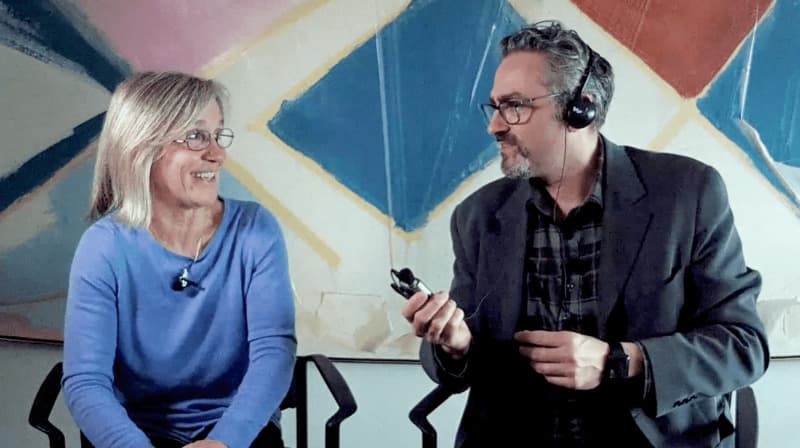
Live Event 17: Hearing Loss & Dementia
Marilyn Reed from Baycrest Health Sciences helped us examine the relationships between hearing loss and cognition. Looking at how to diagnose hearing loss in a person living with dementia, the many benefits of hearing aids, and alternative communication strategies for those who are hearing impaired.
Learn More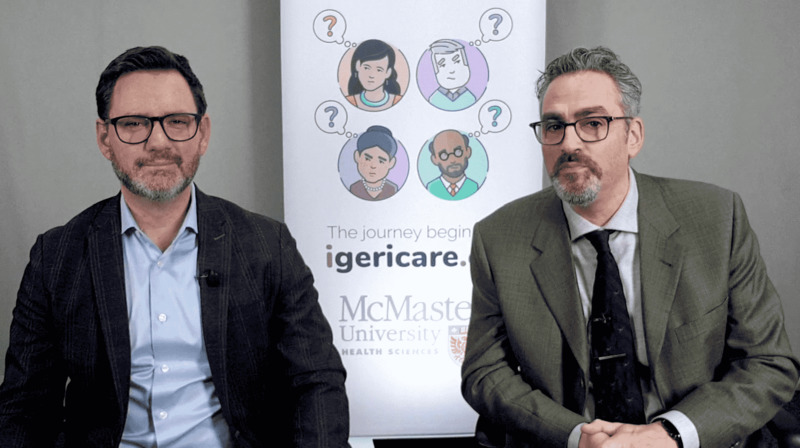
Live Event 16: Debunking Dementia Myths
Addressing common points of misinformation on the internet regarding dementia, Drs. Richard Sztramko and Anthony Levinson help to separate fact from fiction during this session. During this event they look at various dementia-related myths such as coconut oil, diet, genetics, care practices, and much more.
Learn More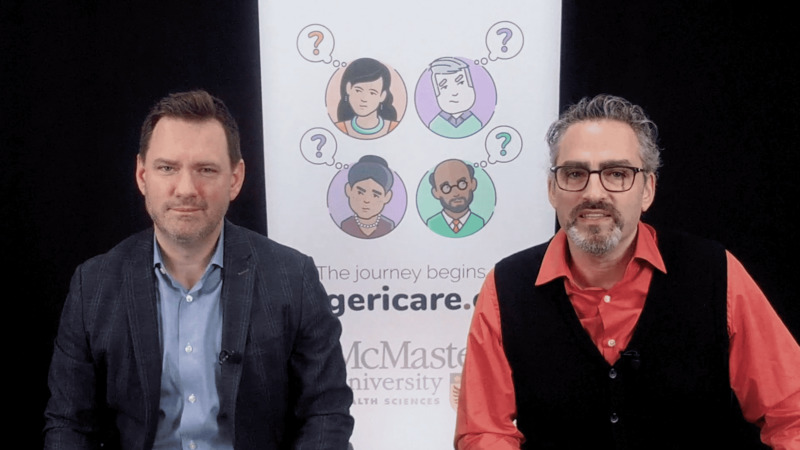
Live Event 15: Sleep and Dementia
Sleep (or the lack thereof) can complicate caregiving for persons with dementia. During this event, Drs. Richard Sztramko and Anthony Levinson investigated various related topics, including sleep hygiene, how insomnia affects those with and without cognitive impairment, and the effects of medication(s) on sleep.
Learn More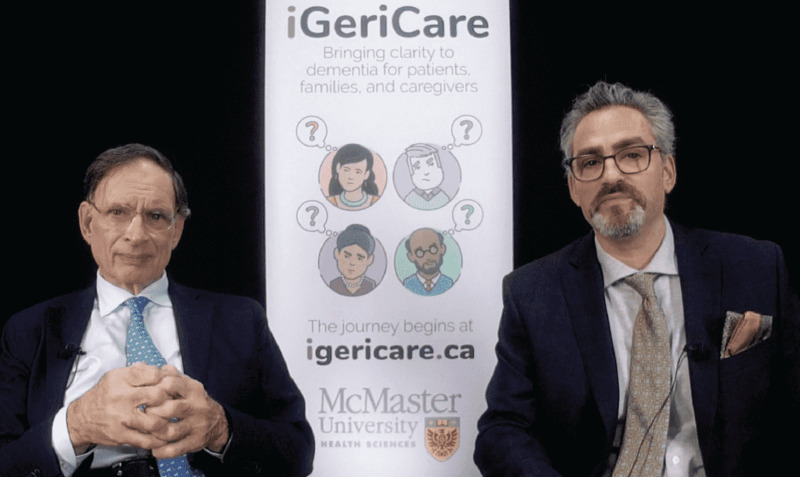
Live Event 14: Depression and Dementia
Dr. Joel Sadavoy of Mount Sinai Hospital and the University of Toronto joined our own Dr. Anthony Levinson for a discussion about depression and dementia.
Learn More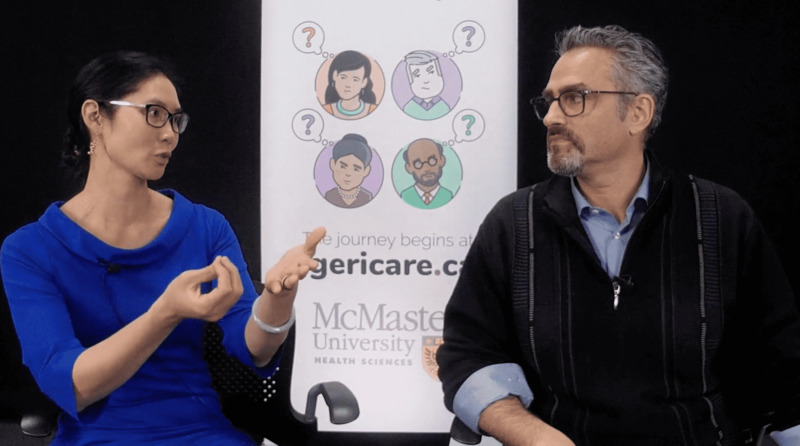
Live Event 13: Deprescribing Medications and Dementia
Drs. Joanne Ho and Anthony Levinson of McMaster University met to examine the process and purpose of deprescribing medications. For those unfamiliar, deprescribing is the careful process of reducing or stopping medications that may no longer be beneficial or may be causing harm. The goal of which is to maintain or improve a person's quality of life.
Learn More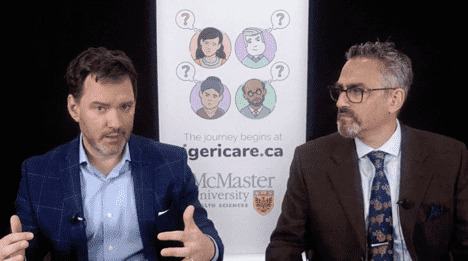
Live Event 12: Stigma & Dementia
Drs. Richard Sztramko and Anthony Levinson examine how stigma affects persons living with dementia. This population often experiences feelings of exclusion and differing treatment from friends, family, and their communities.
Learn More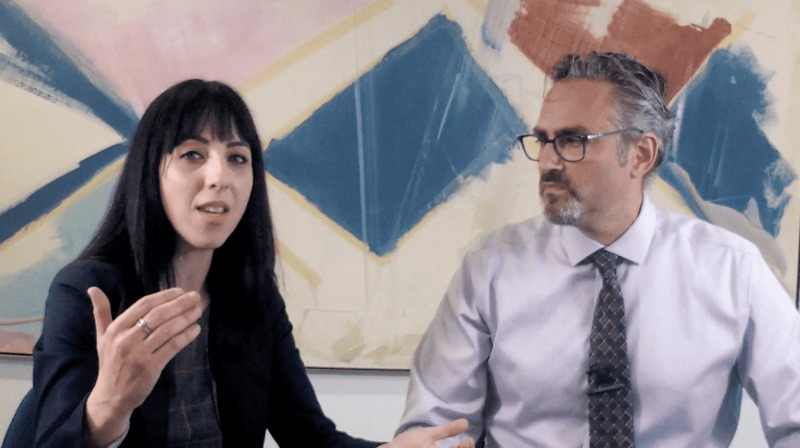
Live Event 11: Palliative Care and End-of-Life Planning
It is unfortunate, but dementia symptoms will often worsen over time and individuals need to understand what to expect in the final stages. We hope to bring some clarity to the things caregivers can do for their loved ones and for themselves.
Learn More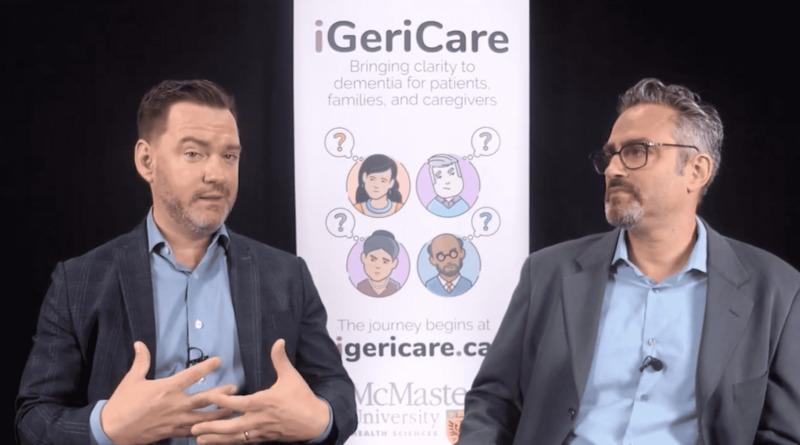
Live Event 10: Consent, Capacity, and Care Planning
Drs. Richard Sztramko and Anthony Levinson discussed some of the essential matters that many family members and caregivers should consider with or on behalf of persons with dementia. Together they outline methods to respect values, wishes, and other considerations that help persons with dementia plan for the future.
Learn More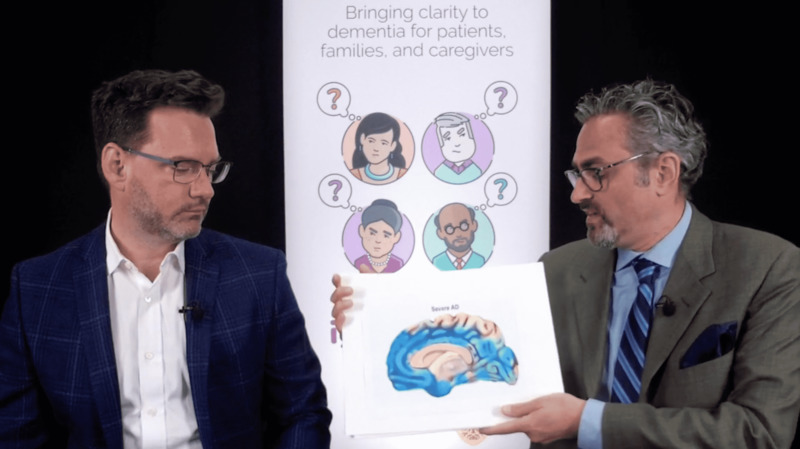
Live Event 9: The Stages of Dementia
For our ninth live event, our experts Drs. Richard Sztramko and Anthony Levinson spoke about what many refer to as the 'stages' of dementia. We reviewed the early, middle and late stages of dementia as well as the global deterioration scale or GDS.
Learn More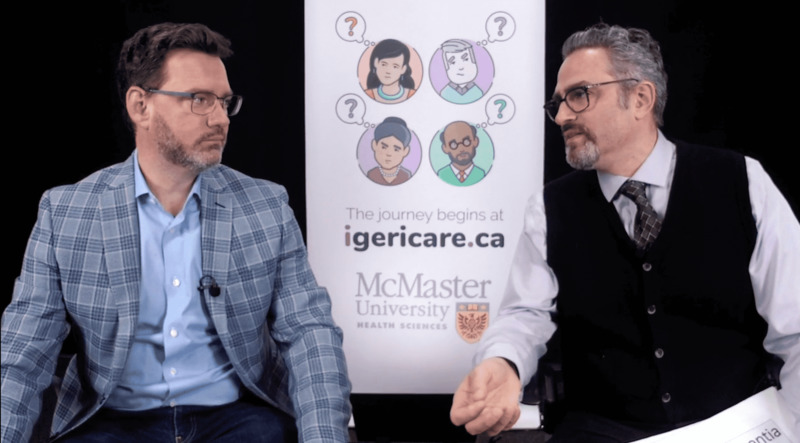
Live Event 8: Delirium and Confusion in the Hospital
For this online-only event, Drs. Richard Sztramko and Anthony Levinson discussed what delirium is and how it can impact a person with dementia. We also discussed how to identify those at risk for developing delirium, the signs & symptoms, and things caregivers can do to help persons with dementia who develop delirium in the hospital.
Learn More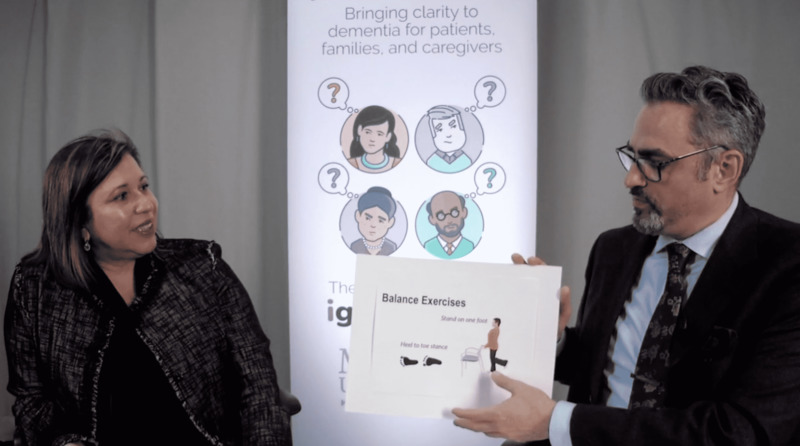
Live Event 7: Risk of Falls in Dementia
For this event, we focused on the risks associated with falls in dementia. We welcomed a very special guest, Dr. Alexandra Papaioannou, who helped us identify those at risk for falls. She helped us outline and consider strategies to implement to increase fall prevention and assess how cognitive impairment and dementia put people at an increased risk of life-altering falls.
Learn More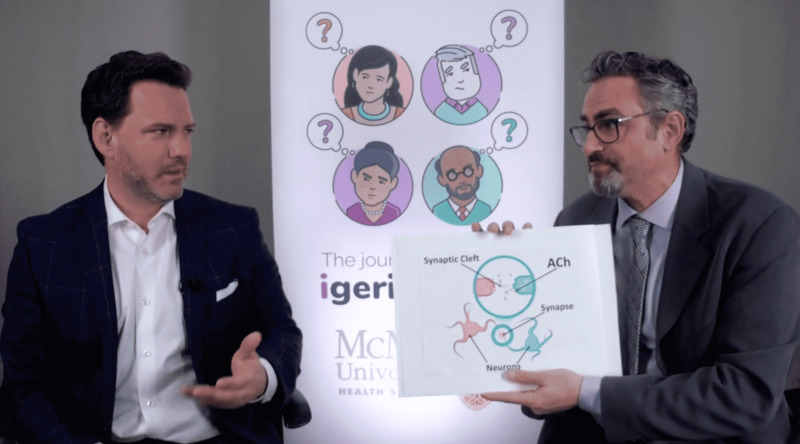
Live Event 6: Medications & Dementia
This time our medical experts discussed common medications used to manage dementia symptoms. We took the opportunity to look at the limitations that these medications have, why & how they are prescribed, and looked at classes of medications that may cause adverse effects in persons with dementia.
Learn More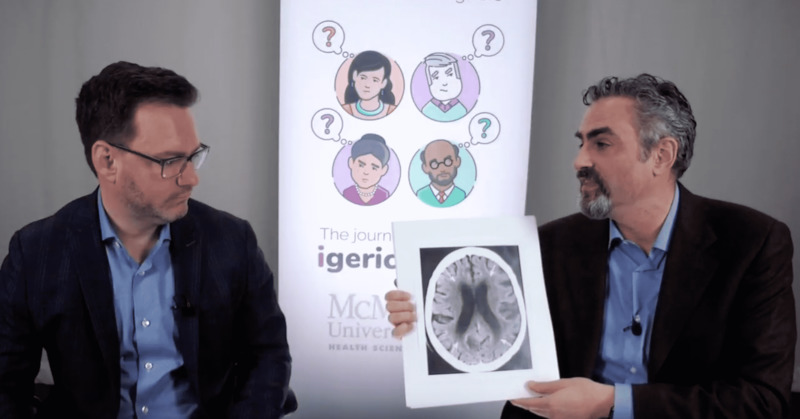
Live Event 5: How Dementia is Diagnosed
For our fifth Live Event, Drs. Richard Sztramko and Anthony Levinson reviewed the symptoms of dementia and discussed how to best prepare to discuss concerns with a family doctor. We also looked at what questions you should ask and what tests may be required to confirm a diagnosis of dementia.
Learn More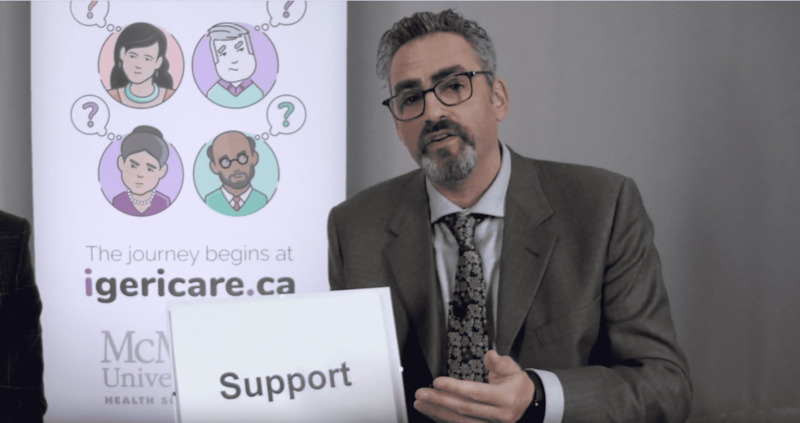
Live Event 4: Understanding the Challenges of Communication with Persons with Dementia
During our fourth live event, our experts discussed communication strategies for caregivers to use when communicating with a person with dementia. We will give an overview of some of the strategies that can be effective when communicating with a person with dementia, as well as tips and resources to help communicate during the holiday season.
Learn More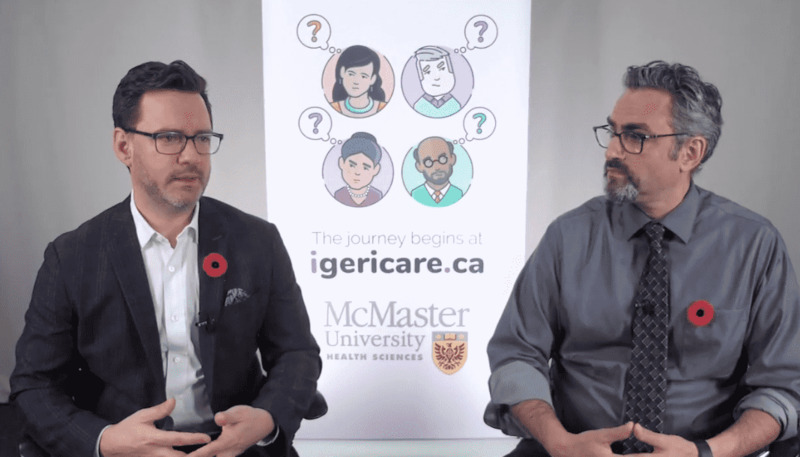
Live Event 3: Understanding & Managing Responsive Behaviours in Persons with Dementia
During our third live event, our experts discussed responsive behaviours in persons with dementia. Drs. Richard Sztramko and Anthony Levinson gave a quick overview of the different types of these behaviours and shared strategies on how they can be managed.
Learn More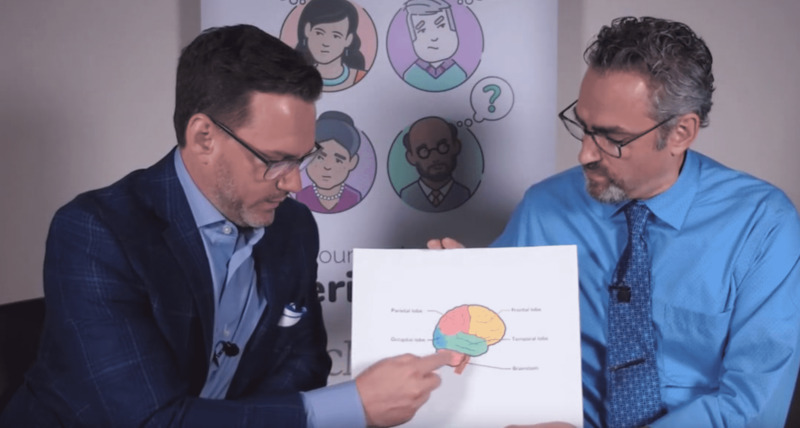
Live Event 2: Understanding Apathy & Depression in Persons with Dementia
During the event, our experts Drs. Anthony Levinson and Richard Sztramko looked at what apathy and depression are and how they present in persons with dementia. We also looked at how to cope with these symptoms as a caregiver and outlined treatments that are currently available.
Learn More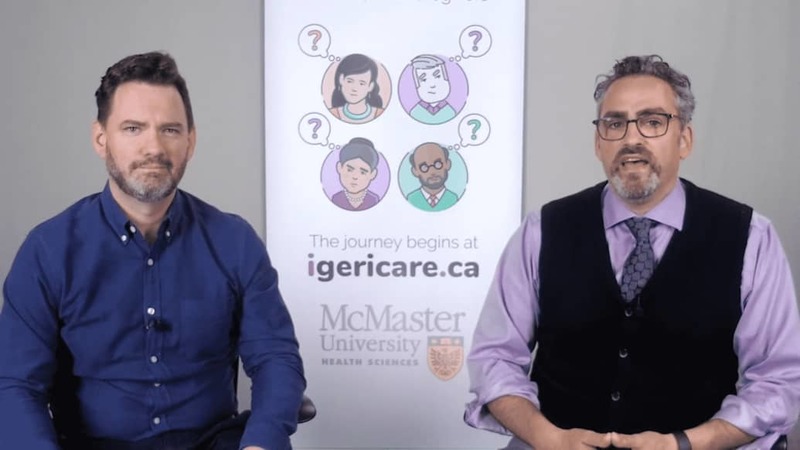
Live Event 1: Coping with Caregiving - Providing Effective Care for a Person with Dementia
Being a caregiver for a person diagnosed with dementia can be one of the most challenging roles in our society - but there’s help for those who need it. Dr. Anthony Levinson and Dr. Richard Sztramko from McMaster University together discuss strategies and resources for caregivers to keep in mind when caring for a person with dementia.
Learn MoreSubscribe to our newsletter for new live events!